Going to a stadium for a concert or sporting even should be fun and safe. Most of the time it is, but every year people are injured in stadium accidents. Like other premises liability cases, claims for stadium accidents can be tough to win. But, if you have been hurt because of someone else’s negligence you may have a right to compensation. You need to understand your rights.
Types of Stadium Accidents
Stadiums are usually built primarily for sporting events. But, the large spaces are also used for all kinds of special events and shows. Not all stadiums are the gigantic structures you see on TV. Even many small communities have small stadiums for local minor league and semipro teams.
In these venues the most common types of accidents are:
- Slip and fall on spill
- Trip on uneven floor or poorly maintained stairs
- Pyrotechnic accident
- Injury from the action leaving the field
- Assault and robbery
- Chair collapse
Stadiums are required to keep their facilities safe and in good repair. But, often unsafe conditions exist as companies try and cut corners to save money. Employees are not always fully trained to deal with unsafe conditions.
Even the parking lot at a stadium is part of the premises. This means it must also be kept reasonably safe. Known security issues and poorly lit parking lots can lead to dangerous conditions where people get hurt.
Getting Injured in Stadium Accidents
Anyone who has been to a stadium has probably banged his or her leg against a seat or a bleacher. But, many people suffer much more severe injuries because of unsafe conditions and poor employee choices. In rare cases people have died from injuries received in stadium accidents.
Here are some injuries that can happen in stadium accidents:
- Back and neck injuries
- Sprained ankles
- Torn muscles, ligaments, or tendons
- Traumatic brain injuries
- Spinal cord injuries
- Burns
- Eye injuries
- Fractured bones
Most stadiums have medical staff on hand to deal with the most urgent injuries. However, even if you aren’t taken away in a stretcher or you don’t have to go to the emergency room, you may still have serious injuries that require medical treatment.
If you are hurt in a stadium accident you need to visit your doctor within a few days after the injury. The longer you wait, the worse some injuries may get, and the longer it will take you to fully recover.
Waiting to get treatment can also have a negative effect on any injury claims you may have. Waiting to get treatment allows insurance companies to argue you are not that hurt. They could also argue that your pain and suffering would have been so bad if you had gotten treatment earlier. They will use these arguments as excuses to try and pay out less money.
Who is Responsible?
Personal injury claims always rest in part on who is at fault for the accident. You cannot collect damages for accidents that you caused. In stadium accidents determining the cause of an accident can be tough.
If the accident was caused by unsafe conditions at the stadium that the stadium owners or employees knew about, or should have known about, the owners of the stadium are responsible for any damages. Typically their insurance company will handle it.
But, when you are hurt because of a pyrotechnic at a game or a concert, or because a bat, puck, bat, stick, or player comes into the stands, who is to blame? Is the player liable? Is the team that employs the player? Is the stadium?
The answer may be that several different parties may be held financially responsible. Before it can be fully sorted out you will need to advice of a knowledgeable personal injury lawyer.
Common Reasons for Denying Claims in Stadium Accidents
Most likely, whoever is at fault in a stadium accident will have some form of insurance. Insurance companies understandably try to limit the amount of money they have to pay out.
Common reasons for denying claims in stadium accidents include:
- Assumption of the risk
- Contributory negligence
- No real damages
- Failure to mitigate damages by not seeking medical treatment or following instructions
- Third party is responsible for the injuries
All of these reasons are often used to either limit the amount the insurance company is willing to pay out, or to deny a claim altogether. One of the hardest to deal with is assumption of the risk.
This means you knew something was risky and you did it anyway. This comes into play when someone is hurt by a foul ball at a baseball game. It is sometimes argued that the person knew foul balls go into the stands as a routine part of a baseball game. By buying a ticket and attending the game they assumed the risk of getting hit by a foul ball. However, things are rarely that straightforward.
If you try and go it alone in your stadium accident claim you are at a severe disadvantage. The other side has lawyers waiting in the wings, shouldn’t you have somebody willing to standup for you? Let us connect you with an experienced personal injury attorney to evaluate your stadium accident claim. The longer you wait, the harder your case may be.

